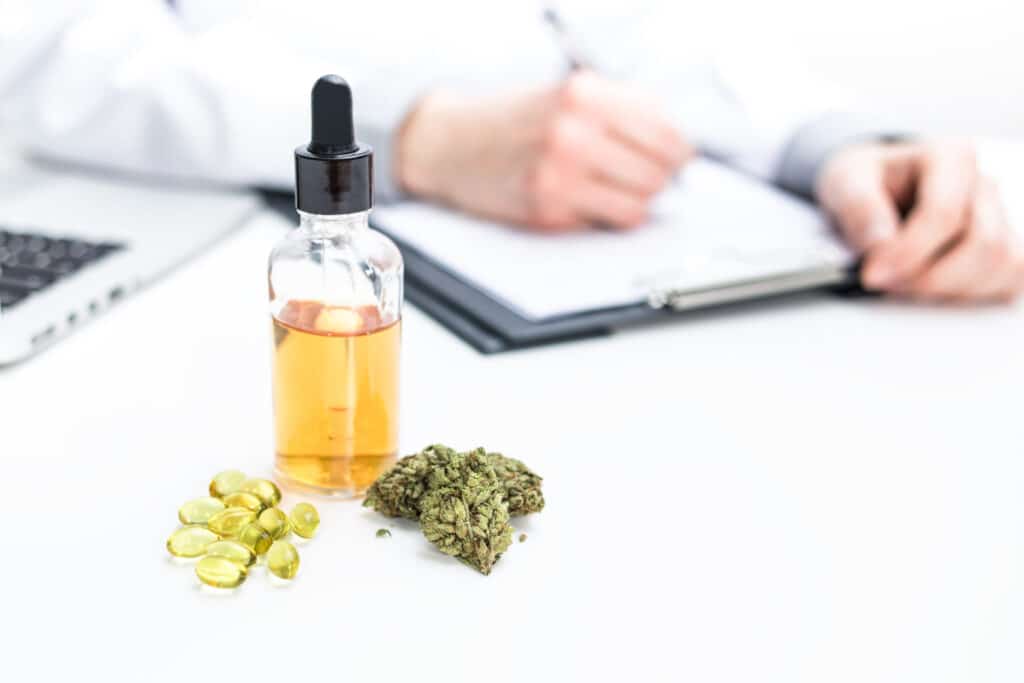
Compliance is a major part of legalizing the cannabis industry, particularly since compliance regulations and guidelines manage any risks posed to public health and safety. Health Canada takes various steps to maintain its mission, promoting and monitoring compliance while also enforcing actions whenever necessary.
Those interested in the cannabis industry should take the time to review the Cannabis Act, which outlines the regulations around compliance for cannabis distributors. Noncompliance negatively affects cannabis producers and retailers—but it also strongly impacts cannabis users and customers. Here’s a closer look at the negative consequences of noncompliance for students interested in joining the cannabis industry.
Failure to Follow Compliance Regulations can Cause Bad Customer Experiences
Cannabis producers and retailers have to ensure top quality in their products, checking that everything meets the standards set in the Cannabis Act. Noncompliance and inconsistent quality of products can significantly impact a customer’s experience and change their perception of cannabis dispensaries. Various factors can indirectly impact cannabis users, including some of the following:
- Fluctuating supply of cannabis (either increasing or decreasing)
- Working on product liability risk management or recalls (due to poor quality)
These factors often result in increasing costs and poor or inconsistent quality—ultimately creating a bad customer experience. Providing good quality products that comply with the government’s regulations becomes a key step in attracting regular customers who trust and benefit from your business.

Understanding compliance and providing safe, high-quality products creates positive customer experiences
Noncompliance can Result in Contaminated Products that Harm Customers
Testing for safety and efficacy is essential when handling cannabis products—making it even more important to check for risks of contamination. Under Good Production Practices in the Cannabis Act, the government outlines specific terms that relate to this concept, including:
- Control measure – actions that can reduce or prevent hazards that risk contamination
- Sanitary conditions – circumstances that present no contamination risks, like allergen cross-contamination or the inclusion of extraneous ingredients.
Following these guidelines lowers the risk of contamination, protecting cannabis users from harm.
Students interested in cannabis careers can begin their training to better understand the practices and regulations around cannabis production and distribution. Cannabis programs provide students with a solid overview of quality assurance principles as well as Standard Operating Procedures (SOPs), allowing them to become industry professionals. This training will also cover compliance regulations, giving students the knowledge and skills to build successful careers that provide cannabis users with a safe and positive experience.

Enforcing compliance and good production practices can protect customers from contaminated products
An Industry Overview for Those Wanting Cannabis Careers
It should be noted that the Cannabis industry is relatively new and constantly developing. Cannabis users will be mindful of this as they look for compliant retailers and dispensaries—especially ones that prioritize quality and safety. In this way, compliance helps promote positive consumer experiences. Someone who wants to become a cannabis distributor will need to learn about compliance and follow the regulations in order to serve customers.

Those interested in cannabis careers will have to adhere to the rules and regulations of the Cannabis Act
The Cannabis industry in Canada has experienced rapid growth since the legalization of non-medical cannabis in 2018. The National Cannabis Survey (third quarter 2019) reveals interesting findings that reflect how cannabis users are adapting to these changes: 53% of cannabis users rely on legal sources, like authorized retailers or online licensed producers (compared to the 23% of users in the past year). As the industry continues to develop, it becomes crucial for distributors to remain consistently compliant.
Are you interested in taking a cannabis course?
Contact AAPS for more information!



